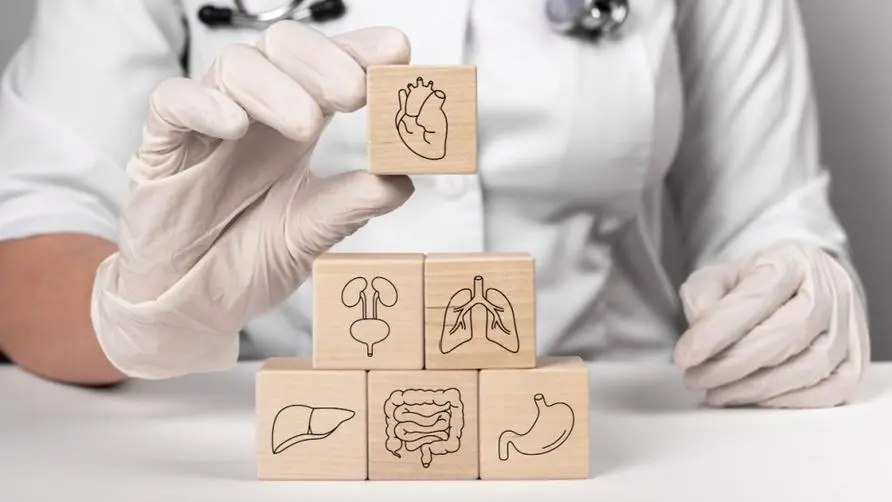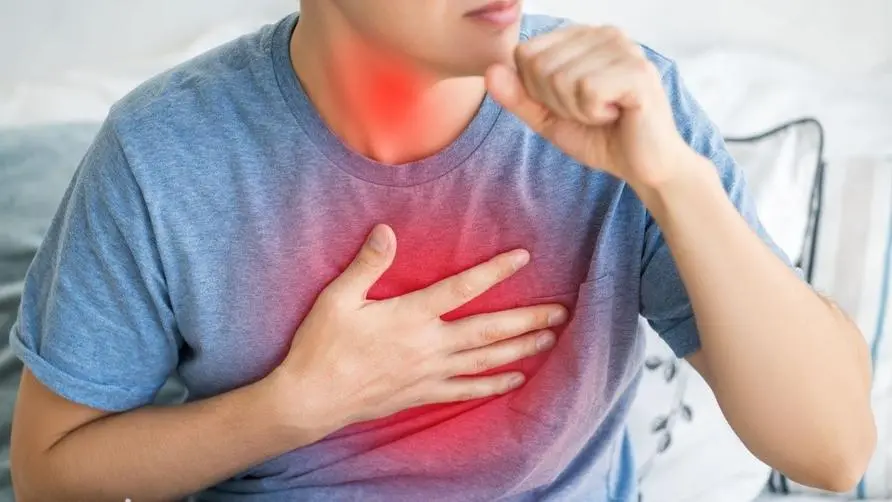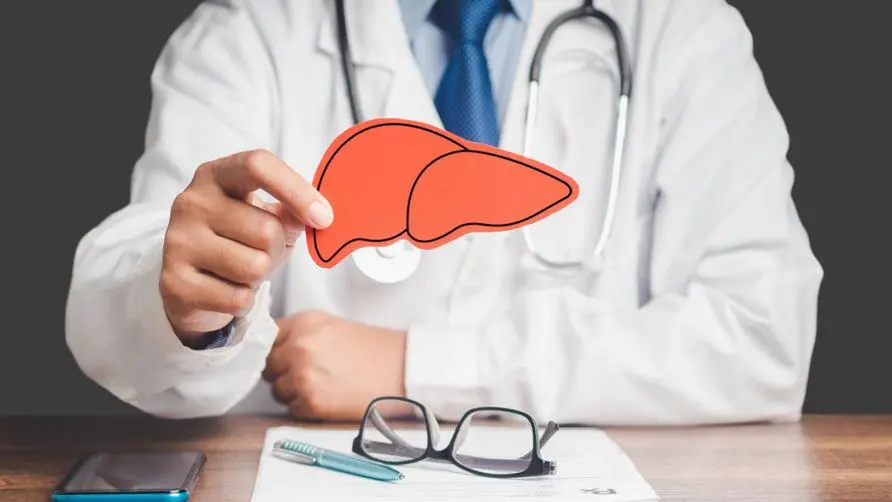If you do these things again, your organs may fail! Nutritionist warns: "8 bad habits" should be avoided when taking care of your body

If you do these things again, your organs may fail! Nutritionist: The “8 bad habits” you should avoid when taking care of your body
After eating an extra piece of chicken steak and drinking an extra glass of wine, the organs in the body are clearly visible! Nutritionist Gao Minmin stated in the community that the normal functioning of organs is the basis for maintaining health, so treating organs should be treated with more care than “treating loved ones”. Nutritionist Gao Minmin also explained that the care of major organs requires “seeking good luck and avoiding disaster”. In particular, the following risk factors must be consciously avoided:
Fear of stomach swelling. The daily diet should be based on the principle of “eight percent full” and avoid eating until you are completely full and full. Long-term excessive satiety may cause the stomach to secrete more gastric juice to digest food, causing gastric mucosa to be easily damaged and difficult to repair, further increasing the burden on the stomach.
The lungs are afraid of smoke. You should avoid exposure to second-hand smoke, burning gold paper, lighting mosquito coils, and setting off fireworks. In particular, air pollution can produce PM2.5, which is harmful to the lungs. Long-term inhalation may damage the respiratory tract and even affect the brain development of children.
The liver is afraid of alcohol. The daily amount of alcohol consumed by women and men should not exceed 1 and 2 alcohol equivalents respectively. One alcohol equivalent is approximately equal to 15g of alcohol and 105 calories, which is 375c.c. of beer, 110c.c. of red wine, 150c.c. of fruit wine, and 30-40c.c. of spirits. Long-term excessive drinking may lead to risks such as fatty liver, hepatitis, cirrhosis and even liver cancer.
Fear of intestinal blockage. “Constipation” is one of the common civilized diseases among modern people. It not only causes rough skin, bad breath, obesity and other problems, but if feces is left in the intestine for too long, toxins will irritate the intestinal mucosa for a long time and easily lead to colorectal cancer.
I am afraid of salty food. The World Health Organization (WHO) points out that cardiovascular disease causes about 17.9 million deaths worldwide every year; and foods with excessive sodium content will increase the water content in blood vessels and easily increase the risk of hypertension. In particular, groups prone to cardiovascular disease, such as obese people, the elderly, and long-term smokers and alcoholics, should be more careful.
The kidneys are afraid of thirst. It is recommended that adults drink at least 2000-3000c.c. of water every day. Insufficient water intake will cause urine concentration, which may easily lead to urinary tract stones in the long run.
The pancreas is afraid of sugar. The pancreas has the function of regulating blood sugar. Poor eating habits (such as overeating, craving for sweets or refined starches) can easily cause fluctuations in blood sugar in the body. In the long run, insulin sensitivity may be reduced, thereby increasing the risk of diabetes.
Afraid of oil. The main reason for the formation of gallstones is related to long-term intake of high-fat foods. A high-fat diet can easily lead to high cholesterol concentrations and deposits on the gallbladder wall. If the interval between meals is too long and the gallbladder has not contracted for a long time, it is easy for bile to accumulate and cause stones.
Treat your body more carefully than your lover! “Eating this way” promotes the normal functioning of body organs
Dietitian Gao Minmin further pointed out that if you want to maintain the normal operation of the above eight major organs, you should develop the following dietary and living habits, and conduct routine examinations to understand the status of your own organs:
Stomach-invigorating ingredients: okra, yam, fungus. Contains polysaccharides and mucin, which can increase the protective power of gastric mucosa.
Liver-protecting ingredients: fish oil, guava, dark green vegetables. Guava and dark green vegetables are rich in vitamin C, and fish oil is rich in Omega-3 fatty acids, which help detoxify the liver and fight inflammation.
Heart-nourishing ingredients: nuts, avocados, bananas. It is beneficial to control sodium content and fat intake, and prevent the risk of myocardial infarction.
Ingredients for pancreatic cancer: corn, eggs, lean meat. Avoid high sugar and refined starches to increase cell sensitivity to insulin and help maintain blood sugar balance.
Lung-friendly ingredients: tomatoes, guava, and white radish. The nutrients in natural food can help repair lung cells, and you should avoid hazards such as second-hand smoke and air pollution.
Intestinal ingredients: fungus, pumpkin, kiwi fruit. It is rich in dietary fiber and vegetable gum, which can promote digestive peristalsis and help defecation.
Kidney-friendly ingredients: water, milk, black beans. To prevent the risk of stones and excessive urinary calcium, drinking water can dilute urinary calcium and reduce the burden on the kidneys.
Courage-boosting ingredients: lean meat, spinach, oats. Rich dietary fiber helps absorb bile acid. In addition to eating more of the above ingredients, you should also avoid overly greasy meals.
Finally, nutritionist Gao Minmin reminds that in addition to paying attention to diet, good exercise habits and normal work and rest are also crucial. Young people in particular need to take care of their organs early and be aware of their own health. Don’t wait until they are older. You will only regret it later in life. In addition, it is recommended that the public take regular health check-ups and not only care about their physical condition but also understand whether their organs are functioning normally.
Extended reading:





